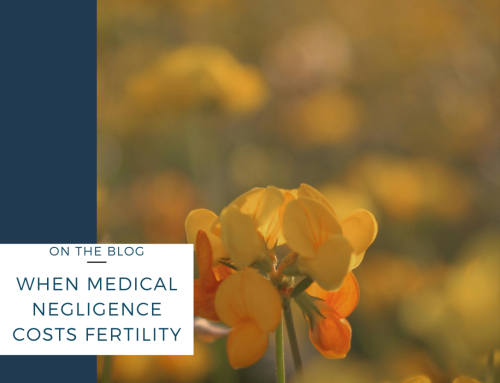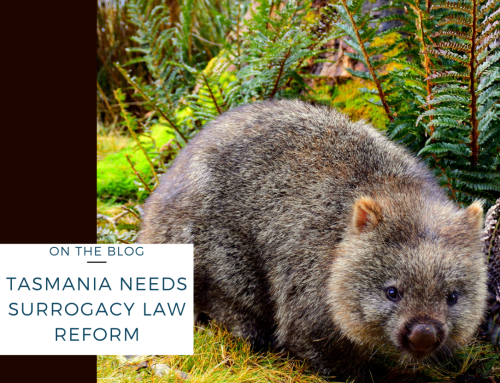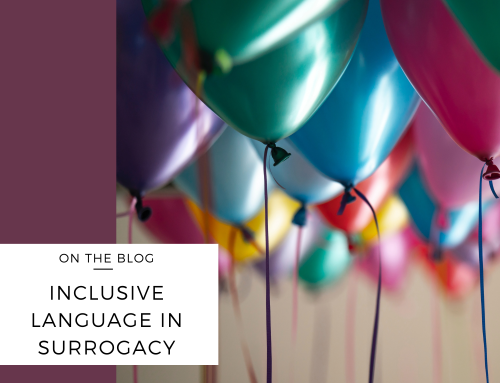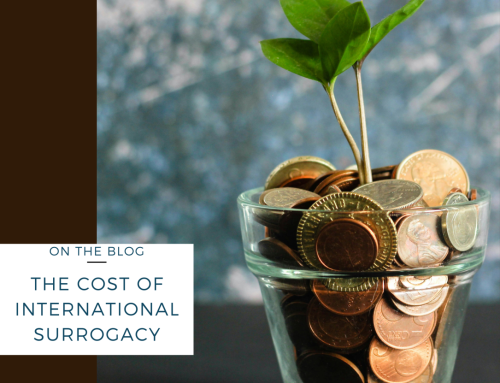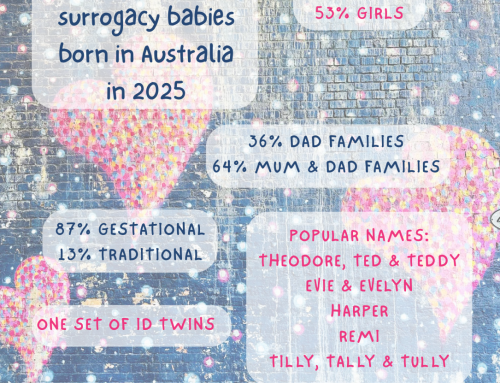Why criminalising commercial surrogacy is not the answer (and doesn’t work).
In Australia and internationally, there are calls to criminalise commercial surrogacy. While commercial surrogacy is illegal within Australia, residents in New South Wales, ACT and Queensland may face prosecution if they engage in commercial surrogacy – even when it’s outside their home country.
Intended parents have been referred to police, including in the Queensland case of Lloyd & Compton, but there have been no prosecutions. There are consequences for criminalising international commercial surrogacy, including stigmatising parents and children and denying the rights afforded to other children.
The ALRC review of Australia’s surrogacy laws called for submissions, but could not guarantee that submissions from intended parents who had engaged in international commercial surrogacy would not be reported to the authorities. Some intended parents chose not to make a submission, while others felt their story – including the existence of their children – was something to be ashamed of. The review is not inclusive if it is not safe for some people to make submissions.
Criminalising commercial surrogacy presumes two things – that all commercial surrogacy is bad, and that by inference, all altruistic surrogacy is good. This binary view lacks understanding of the complexity of surrogacy. Commercial surrogacy – that which involves payments to surrogates, is not inherently bad. What makes surrogacy ‘bad’ or risky is the potential exploitation of women and children. Altruistic surrogacy can equally be exploitative, in jurisdictions lacking regulation. Criminalising commercial surrogacy demonises parents and stigmatises all surrogacy, no matter the legal framework where it occurred.
There are further, deeper consequences for criminalising commercial surrogacy. The family courts have jurisdiction to make orders for the best interests and welfare of all children in Australia. The parentage of children born via international surrogacy is not supported in the Family Law Act, which means parents cannot obtain a parentage order in most states in Australia for a child born overseas. If parents decide to issue proceedings in the family courts as they did in the case of Lloyd, they risk criminal prosecution. The vast majority of parents who have engaged in international commercial surrogacy are opting out of the family law system.
In simple terms: there are two classes of children. For those born in Australia, their parents can safely access and engage in the family law system when they need to. This is not the case for children born via international surrogacy.
All children have rights to citizenship and identity, family, privacy, parentage and to be cared for by their parents, access to healthcare, education and social services and to be treated fairly, without discrimination. And yet our own systems, designed to support and protect children and promote their best interests, are inaccessible to children born via international surrogacy.
This is an indictment on our government and our legal systems.
Criminalising parents does not address the exploitative practices of the surrogacy industry. Why are we making intended parents out to be the bad guys, while the industry exploits their vulnerability and desperation, with no consequence? The laws prohibiting international commercial surrogacy are directed at parents, while the industry operates – and profits – with impunity. While intended parents felt unsafe to make a submission to the ALRC review, industry representatives felt safe to do so.
Criminalising commercial surrogacy is not the answer, and nor does it work.
The way to decrease the instances of Australians engaging in international commercial surrogacy is to increase the accessibility of domestic surrogacy. We need a national surrogacy legal framework that provides legal clarity and supports surrogacy in Australia. We need to regulate the industry, including matching services, to make it easier for intended parents and surrogates to find each other, and we need to compensate surrogates to raise the profile of surrogacy in Australia.
For all the measures to make surrogacy more accessible in Australia, demand will always outstrip supply and intended parents will continue to engage in international surrogacy. Criminalising international surrogacy will still be ineffective. The best way to safeguard against the risks and consequences of international commercial surrogacy is to provide education and information and to raise awareness within the community. The Australian government should take responsibility for educating intended parents about what ethical, best practice surrogacy involves, and raise awareness about the rights of children and surrogates.
We need to overhaul our surrogacy laws and that includes decriminalising international commercial surrogacy. The answer is education, not criminalisation.
.
Sarah has published a book, More Than Just a Baby: A Guide to Surrogacy for Intended Parents and Surrogates, the only guide to surrogacy in Australia.
You can read a broad overview for surrogacy in Australia and how it works.
You can find more information in the free Surrogacy Handbook, reading articles in the Blog, by listening to episodes of the Surrogacy Podcast. You can also book in for a consult with me below, and check out the legal services I provide.




